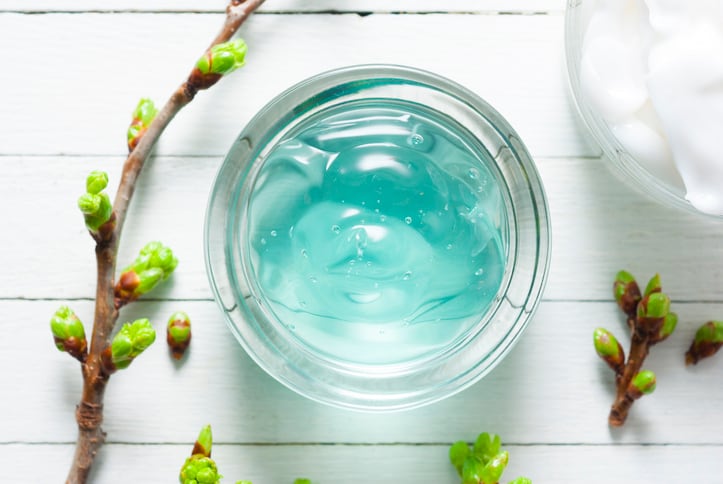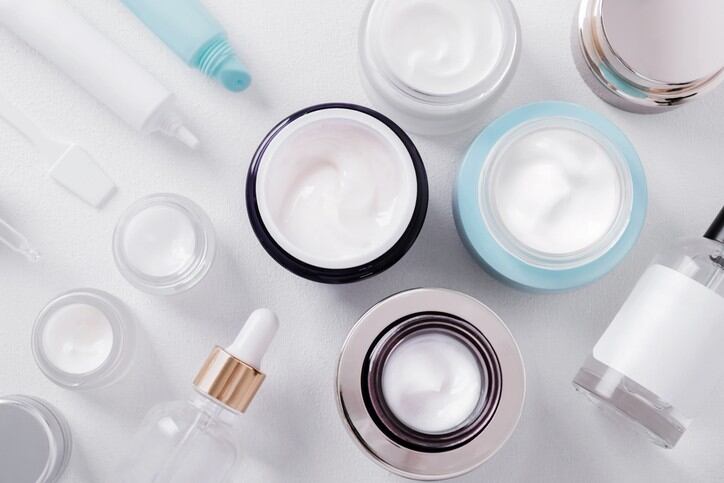In July, this year, Euromonitor International research showed ‘natural’ stole top spot as the most widely used product claim across online global beauty and personal care in 2019. Scanning e-commerce data from 1,500 retailers worldwide, the market researcher’s AI-powered product claims and positioning system showed ‘natural’ was claimed across 3.3% of total online SKUs; just ahead of ‘hydrating’ made across 3.2% and ‘no parabens’ made across 2.8%. These three top claims featured on more than 21.5 million online beauty and personal care SKUs worldwide.
But, at the time, Gabriella Beckwith, senior analyst for beauty and fashion at Euromonitor International, said the widespread use of the ‘natural’ claim was contrasted with “slowly waning” consumer interest.
So, what sort of future could be expected for natural beauty claims moving forward?
Natural claims ‘may remain at the top’ but interest will broaden
“As 2020 has seen consumers shift towards brands or products with a strong alignment to health, therapeutics and an association with overall wellness, this could signify that ‘natural’ claims may remain at the top,” Beckwith told CosmeticsDesign-Europe.
Natural Beauty 2019-2020
Top online beauty and personal care claims 2019
1. Natural
2. Hydrating
3. No parabens
4. Antioxidant
5. Organic
Top beauty and personal care concerns 2020
. Safety
. Transparency
. Efficacy
. Ethical sourcing
. Sustainability
. Personalisation
The fact that natural ingredients were often perceived as being “cleaner or safer” would help the claim stick, she said, particularly as the focus on preventative health intensified amid COVID-19.
However, she said consumer interest in natural beauty was waning as interest shifted towards conscious beauty.
“Consumers are now prioritising credentials such as safety, transparency and ethical sourcing,” Beckwith said. They were also increasingly focused on targeted, personalised products according to skin type, versus dismissing entire ingredient groups, she said.
Natural+ – combined beauty claims more powerful
“As a result, ‘natural’ claims could benefit from being grouped with those claims that work best for that individual’s skin type, as efficacy continues to take priority over natural,” she said.
Euromonitor’s beauty survey data showed 40% of consumers preferred proven efficacy over natural or organic ingredients, for example, and in skin care only 25% valued natural or organic ingredients over efficacy. ‘Eco’ and ‘environmentally friendly’ were also increasingly popular beauty claims worth considering, Beckwith said.
“As consumers become more ingredient savvy and more educated, the term ‘natural’ may not be quite enough,” she said.
“Consumers want to know more about what makes the product natural and where the ingredients have been sourced from etc. COVID-19 has also exacerbated demand for safety, provenance, sustainability and transparency of ingredients. So, going forward, brands will need to be even more transparent and specific about the ingredients they are using and claims they are making.”
Careful trust-building within natural beauty space
Transparency would also be especially important with any ‘natural’ claims, she said, as there was already a certain level of mistrust amongst consumers given the “huge wave” of natural beauty brands entering the market.
“Consumers have been flooded with so many new claims and brands that it’s difficult to know what to trust,” Beckwith said.
There had also been widespread confusion created with ‘clean’ and ‘green’ beauty claims, muddying the water further, she said.
“When it comes to green and clean beauty, the lack of a standardised, globally accepted definition has created confusion and challenges both for consumers and manufacturers alike. The green beauty movement lost traction as consumers learnt the nuances of natural, and the industry failed to come to a legislative consensus in policing such claims. Meanwhile, clean beauty is a controversial trend and brands have been accused of employing scaremongering tactics to sell products to consumers based on free-from claims and unfounded ingredient exclusion lists compiled by marketeers.”
Gaining trust, therefore, would be vital for natural beauty’s future, Beckwith said, and would require transparency and education so brands could build a “personal and emotional connection” with consumers and therefore “greater consumer loyalty”.




